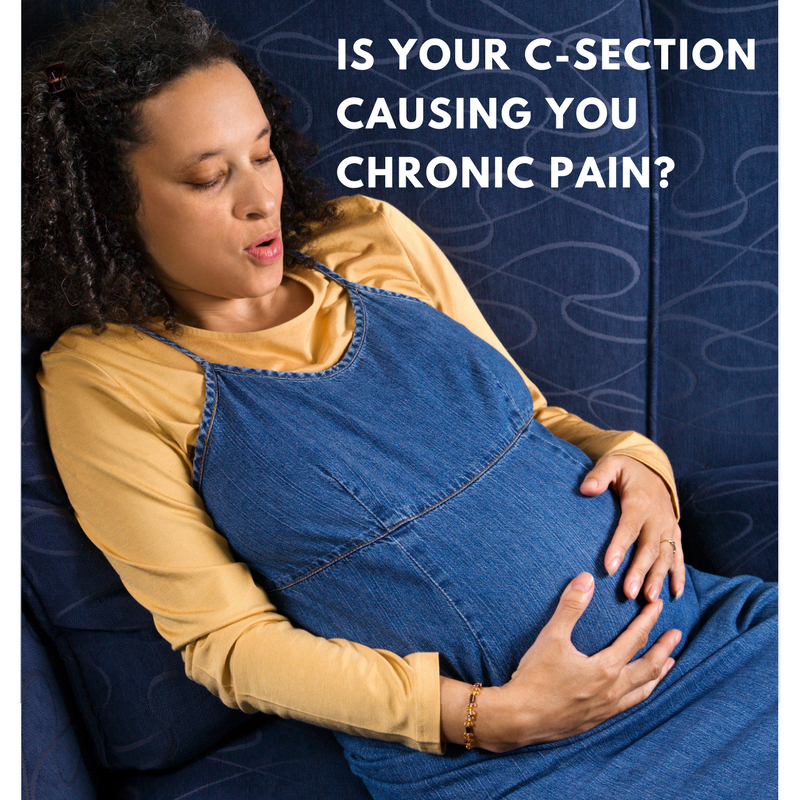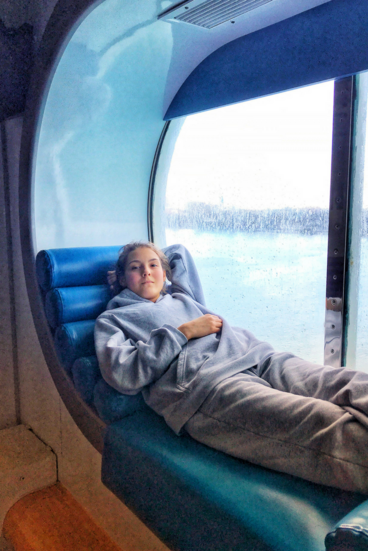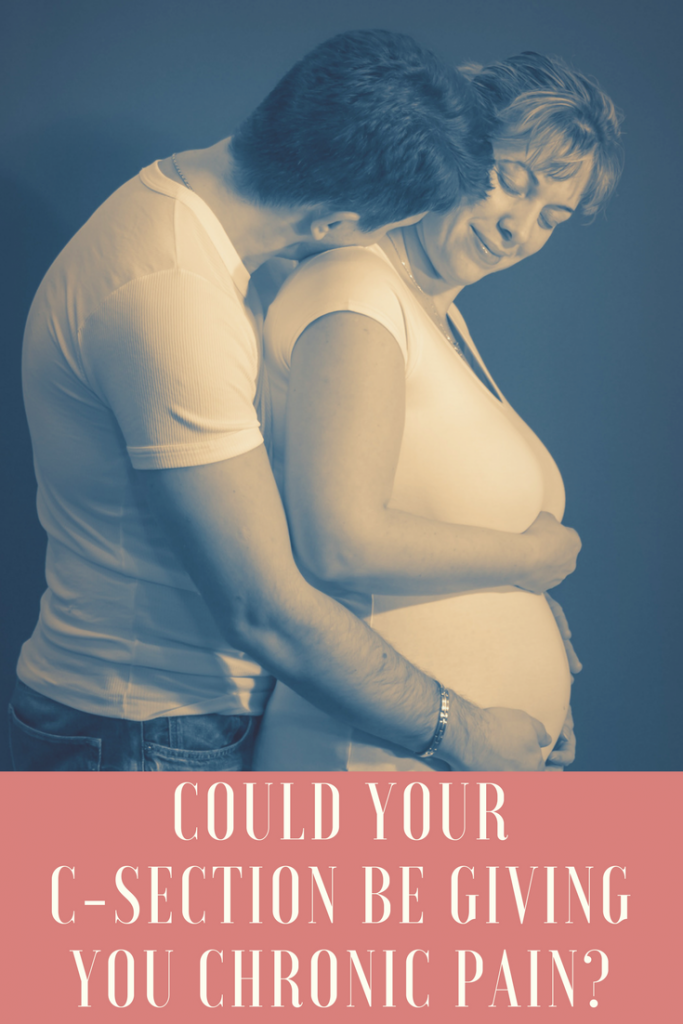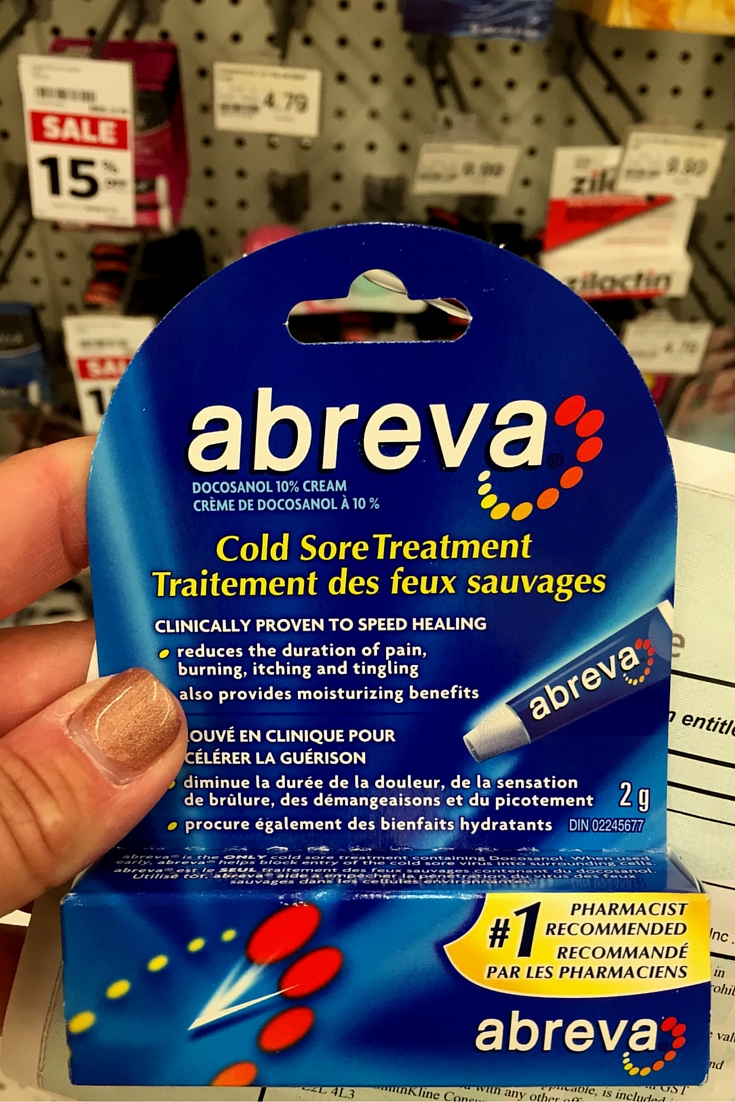
Caesarian Sections Linked to Chronic Pain
Could a C section give you chronic pain? New research indicates Caesarian sections can carry a host of long term side effects that you might not be aware of. C-section scars have the potential to negatively impact women’s health and quality of life long after giving birth.
C-sections occur for various reasons. Sometimes C-sections are medically necessary. Perhaps, a mother cannot deliver her baby due to a small birth canal. If vaginal birth is deemed to be too risky to the baby, a C-section might be scheduled to remove baby quickly. Scheduled elective C-sections sometimes also take place.
What many women don’t know is that caesarian sections can actually lead to chronic pain. Scars and scar tissue are linked to a range of symptoms, some of which might not seem obvious at first. While some people require c-sections for the health of both mother and child, it’s important to take into account the link between C-sections and chronic pain when thinking about having an elective C-section.
This isn’t a post about whether or not C-sections are better or worse than natural births. Every mom needs to make the decision about what’s right for her and her baby, with the support of her doctor, or midwife. But when you make a decision, you need all of the information.
So here is some of the most current information about C-section pain research. It’s information for moms thinking about having a C-section and for moms who have already had a C-section. If you had a Caesarian section in the past and have chronic pain but don’t know why, this post is for you.
Table of Contents
What are Caesarian Sections
Most people have a basic understanding of what a C-section is. It involves doctors surgically removing the baby. But do you really know what that entails? A C-section involves so much more than just making an incision and removing a baby. Surgeons must cut through skin, muscle, fascia, peritoneum (abdominal lining). They also cut through the uterus – which has three muscle layers, by the way. That’s a lot. And when the baby is out, all that tissue has to be put back together again. When you consider all the nerves and connective tissue involved, it’s no wonder a connection has been made to caesarian sections and chronic pain.
Why are Caesarian Sections Linked to Chronic Pain?
Between the nerves, blood vessels, fascia, and peritoneum being cut through and then stitched back together and the scarring that often comes with that, it’s not surprising that a link between C-sections and chronic pain has been discovered. After all, a C-section is invasive. So what have researchers found?
Scarring
C-section scarring can have a neurological effect on a mother’s body. Cutting through nerve circuits and pathways can stop, block, or change the natural flow of impulses down abdominal nerve pathways. C-section scarring can disrupt proper nerve signaling by sending mixed signals throughout the connective tissue causing the Autonomic Nervous System (ANS) to fire on overdrive. This causes a pain cycle that can become chronic.
The pain from C-section scarring can be mental as well as emotional. Researchers have found that the scarring of the skin can negatively effect a mother’s mental quality of life by being a physical representation of negative feelings about having to have or electing to have a C-section.
Structural Integrity
Caesarian sections can also affect the structural integrity of the body fascia. The body fascia – or peritoneum that I mentioned earlier – is kind of like the foundation on which our muscles are built. Our body has a fascia system from head to toe. This system surrounds and connects every muscle and organ, keeping them where they need to be as they relate to our bones and nerves. It’s the reason everything stays in place when we move.
C-sections disrupt that fascia system. Cutting the fascia and connective tissues and then reattaching them can cause them to act like a straight jacket inside the abdomen, causing compression, pain, and dysfunction. And because our fascia system is connected from head to toe, a C-section in the abdomen can cause pain well away from the surgical area. That’s why it’s taken so long for researchers to make the connection. C-section pain is often a “hidden” pain because fascia abnormalities aren’t something that show up on X-rays or scans.
What can be Done to Alleviate Chronic Caesarian Section Pain
Chronic caesarian pain is generally treated with scar release therapy. The goal of this therapy is to ease pain by reducing the point of dysfunction (the scar). Three different techniques are used with varying success rates.
Manual Therapy
Cross friction massage is a manual therapy which has been used for years to help with c-section scarring – even before the link to pain was made. However, success with this method has been minimal, and researchers now know that it’s because the friction itself often causes an increase in sympathetic stress in the area.
Neural Therapy
Neural therapy involves injecting procaine into the scar to relieve and manage pain. It’s highly invasive and can only be done by qualified doctors in a clinical setting. However, the success rate is around 60 to 70%.
Microcurrent Point Stimulation (MPS)
This has quickly become the gold standard for treating chronic pain caused by caesarian sections. It’s a non-invasive procedure that uses DC stimulation directly through scars to reduce stress in the area and encourage loosening of the fascia which has become overly tight from surgery. MPS can be done at home.
Know the Facts about Caesarian Sections and Chronic Pain
Education is crucial when making health care decisions. If you must have a C-section, or you’re thinking about an elective C-section, be informed. Know the facts about caesarian sections and pain. Don’t be alarmist, but do stay on the lookout for signs of post C-section issues. By the same token, if you’ve had one or more C-sections in the past, and you are experiencing chronic pain, this information may be something you want to share with your doctor.
Caesarian sections are a part of life – sometimes necessary, sometimes elective. Either way it pays to be informed about your health. Not all women experience chronic pain due to caesarian sections, but if you ARE experiencing pain please talk with your doctor. They can help.
This post has been sponsored by Center for Pain and Stress Research which means I received compensation. My opinion is my own and it is truthful.






25 Comments
Aeryn Lynne
I’ve never had a caesarian, but I’ve always wondered about the healing aspect of it. Especially when a friend or family member has to have one, or is thinking of having one. It’s incredibly invasive. Thanks for the heads up! I’ll definitely remember this article next time a friend says she’s thinking of having one electively. Having a full understanding of pros/cons is crucial for an informed decision.
Stacie
I had no idea that c-sections could cause chronic pain, but it makes sense. There are a lot of layers of the body to get through before the doctors can actually get to the baby.
Paula
Exactly. It really does make sense.
Sarah Bailey
Oh wow I have no idea that c-sections could lead to chronic pain. It is good to know there are ways to try help this though.
Angie
It is definitely crazy what this can do to your body. I mean, it is MAJOR surgery after all… I had a C Section in December, and I do still have random pains here and there and strange numbness that may never go away. My baby is worth it though.
JEanette
I did not need us a c-section but I have friends that have had it and they have had pain. I never really connected the two but this makes a whole lot of sense.
Heather
Even after having three c-sections myself, I had no idea about any of this. It does explain a bit of what I’ve felt over the years.
Heather
I’ve never heard of this before the research makes sense. I’ve had two c-sections. The first one because my baby’s head was just too big. I could only dilate to 8 1/2 centimeters, but stayed there for seven hours. I kept insisting on letting me try a little longer, but when my baby’s heart rate started to dip with each contraction, the doctor said it would be best to have a c-section. I’m glad I did, but it also meant my second was a c-section too because this hospital, the only hospital in town didn’t do v-backs. Anyway, I’m glad I don’t have any chronic pain from it, but maybe now since there’s research on this, chronic pain sufferers can get some help.
Jennifer Van Huss
I had two natural births and my 3rd was an emergency csection due to my daughter being frank breech. It was a terrifying experience. After having both options, I wouldn’t opt for a csection in the future unless it was medically necessary. I developed celiac disease after her birth and I have had a hard time recovering my abs.
Dana Peller
I know someone who had an emergency C-section with her firstborn. She wasn’t happy about the scar, but has learned to embrace it. After all, it’s like a permanent smile.
Karissa @WithOurBest
That is interesting that there could be some correlation. It is hard to know what we do and how it effects us in the future.
Joely Smith
I have a friend who experiences this. It’s really bad for her too. I will share this with her and hopefully it helps. Thank you for writing on this topic.
Wildish Jess
I’ve actually never thought of this before. I will be having my third one soon!
Up RUN FOR Life
Ive never heard of the link between chronic pain and csections. This is interesting but Im sure my csection with my 3rd baby didnt help my situation. I already suffered from chronic low back pain. When I got pregnant with my last one, it ended up being a rough pregnancy. Around 7 months, it felt like my pubic bone was going to break in half. It made walking, sleeping, getting up and down from a chair, and everything so painful. Then my sweet baby thought it would be fun to flip into the breech position just shy of my due date. I ended up going with the csection bc I had an anterior placenta and turning him around could have been to risky in my opinion. My csection was a surgery and broke all the stability I had in my core. I bounced back but my back pain got worse. Then in 2014, I was diagnosed with Fibromyalgia. Then in 2016, I was diagnosed with rheumatoid arthritis. I think the surgery and other traumatic events in my life were a factor.
ricci
I’ve never had kids so I never knew about the chronic pain associated with c-sections. I will have to refer my mommy friends to this post!!
Angela Bethea
I have friends who went through C-section and she told me that she still feel the pain sometimes. I am so thankful to the Lord that I have a normal delivery.
Melissa Dixon
I have had a ton of medical issues after a c-section but I never thought about it being related. I have however blamed my doctor for forcing me to have the c0-section due to inducing my labor after I signed papers saying that I refused to let them induce it.
Lynndee
I had a normal delivery for my son so I had no idea that CS can cause chronic pain. I do have friends who had CS. I may ask them about it and share this article with them.
Amy D
I’ve never had a c-section but I’ve heard that this could happen. I could see how with all those nerves through there.
Amy h
I have been lucky to never have had a c-section, but I know many who have. A lot of people say years later that they have phantom pain from the incision.
Victoria Heckstall
I am a C Section with my 3 kids and it is really hard. Until now I have experience pain.
Shannon gurnee
I didn’t have a c-section with my 3 boys, but I have friends who did have c-sections. This is definitely some good information to know. Thank you for sharing.
Ada
Wow, I never knew chronic pain could occur after a c-section but it totally makes sense.
Gingermommy
I was terrified of having a C section with my four children. I never did though. I have heard some women say it is itchy there but no real pain. Very interesting.
Olivia
I’m grateful that we have c-sections for women and babies who need them, but I do worry that women don’t always get all the info they need to make an informed decision. Particularly things like how other interventions like inductions or epidurals can increase a woman’s risk for c-section. Thanks for sharing this, pregnant women should know the risks and benefits of any intervention!